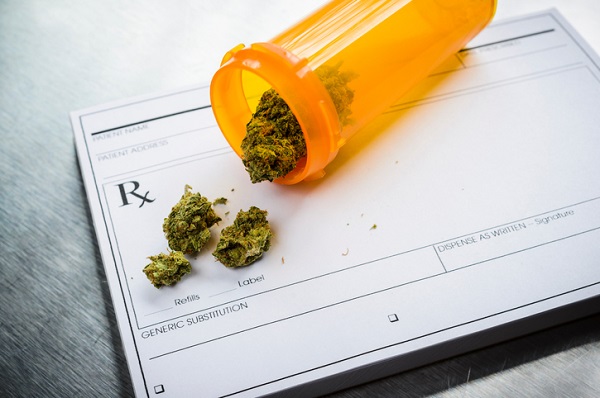
The dosage form of the drug can make a big difference in how the medicinal ingredients are affected and transported. It is important that the therapeutic factors remain consistent during intake and the proper dosage form is administered.
Here is some information on each dosage form that is important for students to know when entering a medical cannabis program.
Differences Between Inhalation Forms of Cannabis Intake
There are different forms of cannabis intake that induce a different affect on the body. How each dosage form will enter the body and be absorbed is based on certain pathways, or more specifically, routes of administration.
Students in medical cannabis training will be introduced to the inhalation dosage form and how its intake primarily affects the lungs. These forms are known as smoking or vaporizing. Smoking is the most common method of consuming cannabis and the form that allows patients to feel its effects more quickly. Tools used for smoking include pipes, joints, or water pipes. Vaporizing, another form of inhalation, is a more cautious dosage form as the cannabis is slowly heated, rather than burned, to the point where vapour is produced, diminishing the health risks posed.
Other Dosage Forms Students Learn About in a Medical Cannabis Certification Program
Another way of administering medical cannabis is orally through edible and capsule dosage forms. For patients experiencing severe and prolonged pain, oral consumption is recommended due to the effects induced on the body as a whole. The effects from edibles and capsules can take approximately twenty minutes to an hour to be felt and can last around four hours or more.

It is important to consider other dosage forms and the conditions they each provide
What Amount to use in Different Dosage Forms
When taking medical cannabis, the dosage recommended for individuals is based on the type and severity of their condition, their prior experience with cannabis, and the form in which they choose to consume the drug.

Information learned within programs is vital for career success
Are you interested in medical cannabis certification training?
Contact the Academy of Applied Pharmaceutical Sciences (AAPS) to learn more about our programs.



